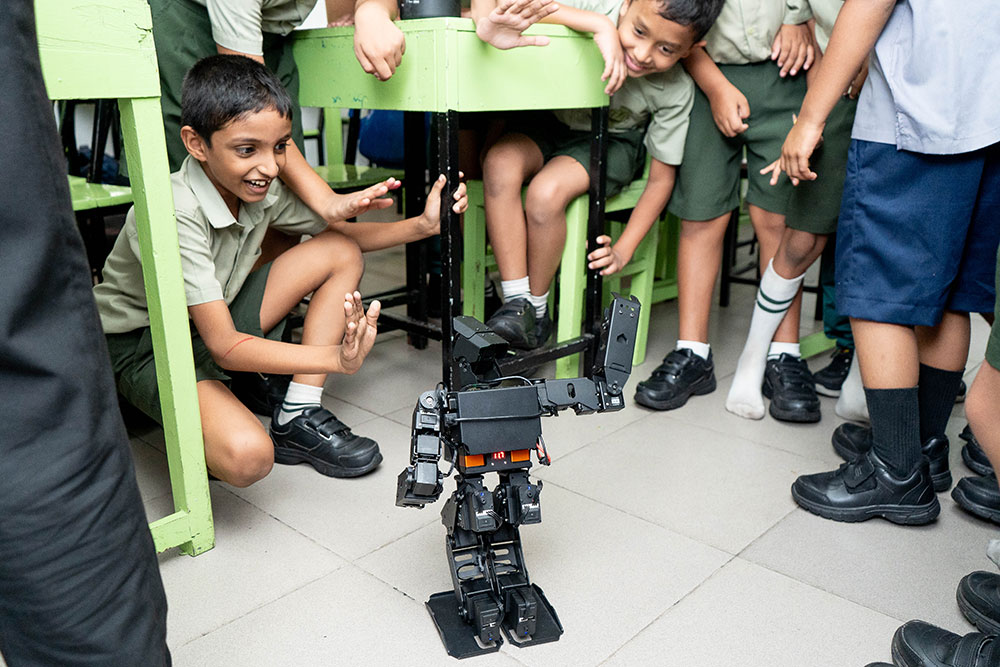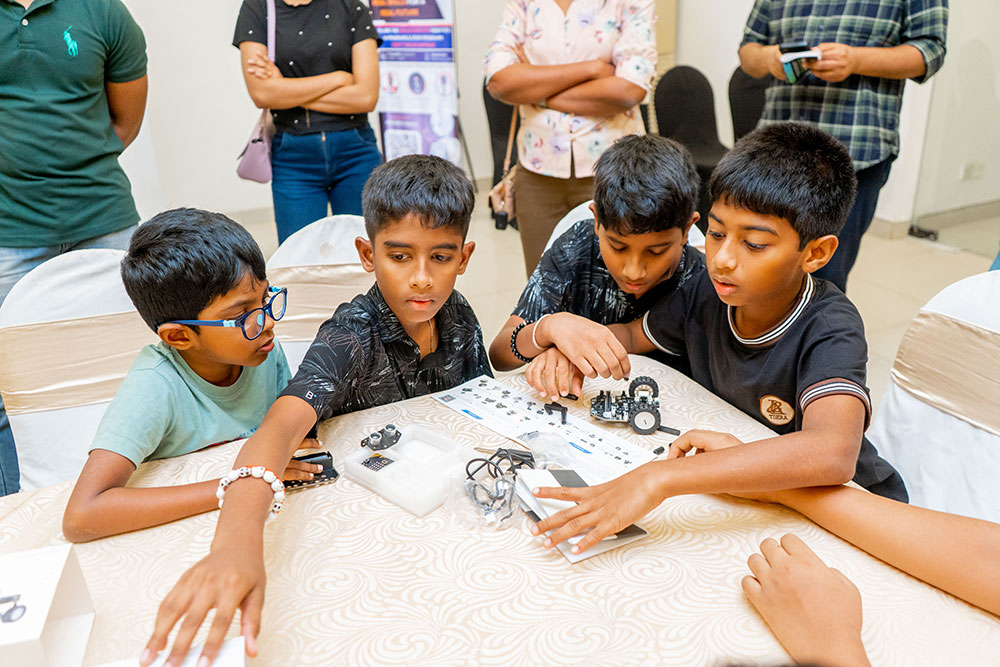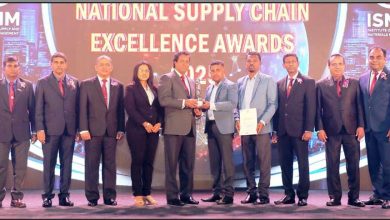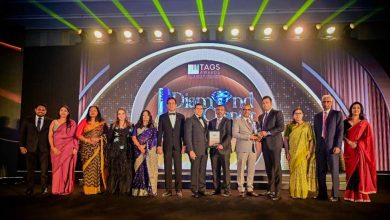ANKA TECHNOLOGY
Anka Technology Advances STEM Education by Shaping Young Minds Through Science and Psychology


In today’s fast-evolving digital world, education must go beyond textbooks, nurturing curiosity, creativity, and resilience in children. This is where STEM (Science, Technology, Engineering, and Mathematics) education steps in, not only as a means to prepare children for the future workforce but also as a powerful tool for cognitive and psychological development.
The STEM Skills Certificate Program 2025 offered by Anka Technologies exemplifies how structured STEM learning can directly support healthy child psychology. Spanning 28 months, the program introduces children to coding, robotics, electronics, design, mathematics, and science through hands-on activities and real-world problem-solving. Such immersive learning environments enhance more than technical knowledge; they nurture psychological strengths such as self-confidence, perseverance, and critical thinking. At the foundational level, children experiment with simple science concepts, like testing what sinks or floats, or exploring the microscopic world. Psychologists emphasize that these activities mirror children’s natural play patterns, which are essential for developing observation, memory, and reasoning skills. By framing experiments as games, STEM education supports the psychological principle that play is central to cognitive growth.
The coding modules, starting with Scratch Jr. and later advancing to Code.org and complex Scratch projects, train children to think sequentially and logically. More importantly, they teach children that mistakes are part of learning. Debugging code becomes an exercise in emotional regulation and persistence qualities deeply tied to positive child psychology. When children finally see their game or animation work, the sense of accomplishment boosts self-esteem and motivation. Design lessons using Canva tap into children’s artistic expression, allowing them to create posters, infographics, and even social media content. According to child psychology, fostering creativity during formative years helps children build a sense of identity and autonomy. By blending technology with creativity, STEM education ensures that innovation is not just technical but also deeply personal.
Group projects in robotics and electronics, like building circuits with sensors or programming microcontrollers require teamwork. From a psychological perspective, these activities enhance social development, empathy, and communication skills. Children learn to share ideas, negotiate roles, and celebrate collective achievements, which supports both cognitive and emotional intelligence. At higher levels of the program, children explore genetics, artificial intelligence, and ecosystems, translating complex ideas into models and projects. This aligns with child psychology’s view that challenging, age-appropriate tasks stimulate intellectual growth while teaching children to manage cognitive load and stress. By celebrating progress with certificates at each stage, the program reinforces positive reinforcement, a key psychological motivator.
Ultimately, the integration of STEM education with insights from child psychology highlights a crucial truth: preparing children for the future is not only about technical literacy but also about nurturing resilient, curious, and emotionally balanced individuals. Programs like the STEM Skills Certificate 2025 show how innovation in education can shape not just careers, but whole personalities. As we move deeper into the 21st century, the intersection of STEM and child psychology will continue to redefine what it means to educate the next generation, not just as future scientists and engineers, but as confident, adaptable, and empathetic human beings.





